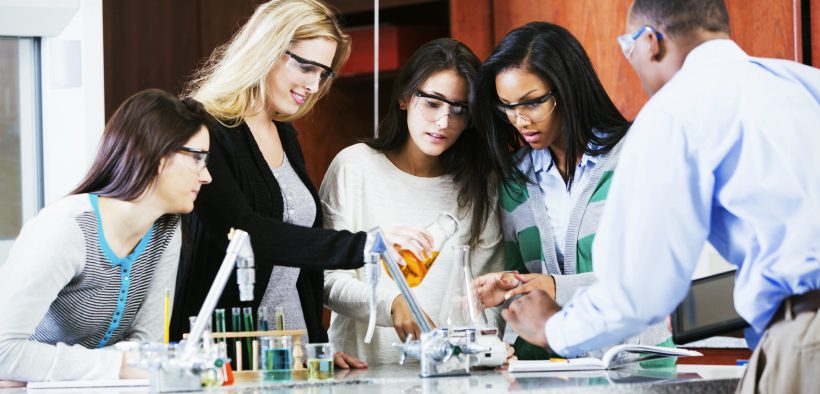In the 2017 Hans O. Mauksch Address presented at the American Sociology Association annual meeting, Melinda Messineo argues that we aren't using as much of the science of learning as we could to help students learn. “In many ways, our efforts in the classroom are trial and error, and while much of what we do works, we are not aware of why it works, so the results are difficult to replicate. If we understand more about why the strategies we use work, we can potentially increase learning.” (p. 8)
Related Articles
I have two loves: teaching and learning. Although I love them for different reasons, I’ve been passionate about...
Active learning is a mostly meaningless educational buzzword. It’s a feel-good, intuitively popular term that indicates concern for...
Perhaps the earliest introduction a student has with a course is the syllabus as it’s generally the first...
Generative AI allows instructors to create interactive, self-directed review activities for their courses. The beauty of these activities...
I’ve often felt that a teacher’s life is suspended, Janus-like, between past experiences and future hopes; it’s only...
I teach first-year writing at a small liberal arts college, and on the first day of class, I...
Proponents of rubrics champion them as a means of ensuring consistency in grading, not only between students within...








